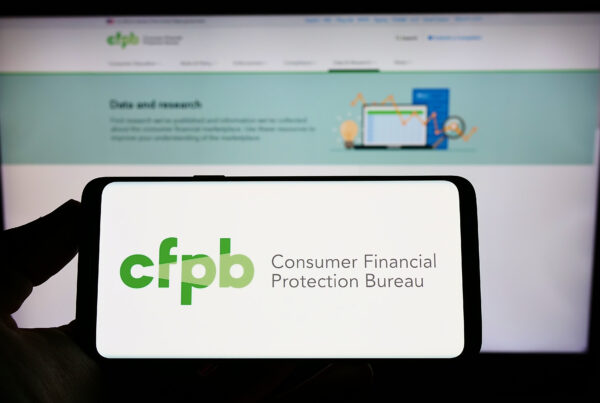By Barbara O’Neill, Ph.D., CFP®, [email protected]
According to the Federal Trade Commission (FTC), military families report identity theft at more than twice the rate of civilians. Identity theft is not typically a “stand-alone” crime but, rather, part of another crime such as credit card fraud. A 1998 law made it a federal crime to use another person’s identity to commit criminal acts.
A Social Security number and a driver’s license are the two most misused forms of identification. Identity theft occurs in the following ways: stolen wallets or purses, stolen mail, a phony change of address form used to divert mail, and rummaging through garbage for identifying information (a practice known as “dumpster diving”). Also, fraudulently obtaining a person’s credit report (e.g., posing as a landlord), personal information on the Internet, and misuse of information found in a person’s home (e.g., a dishonest roommate).
Some criminals commit child identity theft using stolen personal information from children. More than one million children were identity theft victims in 2017 and 6 in 10 knew the perpetrator.
No one can ever fully prevent identity theft, no matter how cautious you are. ButThere are prudent precautions that everyone should take to reduce their risk of becoming an identity theft victim:
- Guard Your Mail– Deposit outgoing mail in collection boxes or at the post office and remove incoming mail promptly after it has been delivered or rent a post office box.
- Pay Attention to Billing Cycles– Contact creditors promptly if bills or financial statements don’t arrive in the mail on time. This could be a sign of address fraud, where mail is diverted to a different address.
- Travel “Light”- Minimize the number of credit cards, financial data, and personal data (e.g., passport) carried around in case your wallet or purse is lost or stolen.
- Just Say No– Do not give out personal or financial information via mail or phone unless you initiate the contact. Be cautious about requests to “authenticate” account numbers and “verify” personal data.
- Secure Valuable Data– Hide or lock up personal and financial information in your home, where it can be misused by contractors, babysitters, roommates, and even estranged family members.
- Review Your Credit Report- Every four months, on a rotating basis, visit annualcreditreport.com to request a free annual credit report from one of the “Big Three” credit reporting agencies: Experian, Equifax, and TransUnion. Make sure that your credit report does not include accounts that you have not opened.
- Hold On to Your Cards- Do not let strangers take your credit or debit card out of your sight (e.g., to pay for a restaurant meal). They could skim the card or record the number and misuse it. Rather, decide in advance to pay with cash.
Service members have several tools to help them reduce the risk of identity theft including a one-year Active Duty Alert for deploying Service members, that can be renewed for the length of their deployment. Qualifying members are also eligible for free electronic credit monitoring, which is also free for National Guard members. For further information, review the Federal Trade Commission (FTC) publication Identity Theft for Military Personnel & Families: What to Know, What to Do.
Join us on April 21 for Child Identity Theft: Repairing the Damage, a 90-minute professional development webinar presented by Dr. Axton Betz-Hamilton. Dr. Betz-Hamilton will speak from her professional experience as a child identity theft researcher and personal experience as a victim in this webinar. The focus of this webinar will be repairing the damage inflicted on victims of child identity theft. RSVP here.
Yes, from FTC: Identity theft happens when someone uses your Social Security number or other personal information to open new accounts, make purchases, or get a tax refund.













